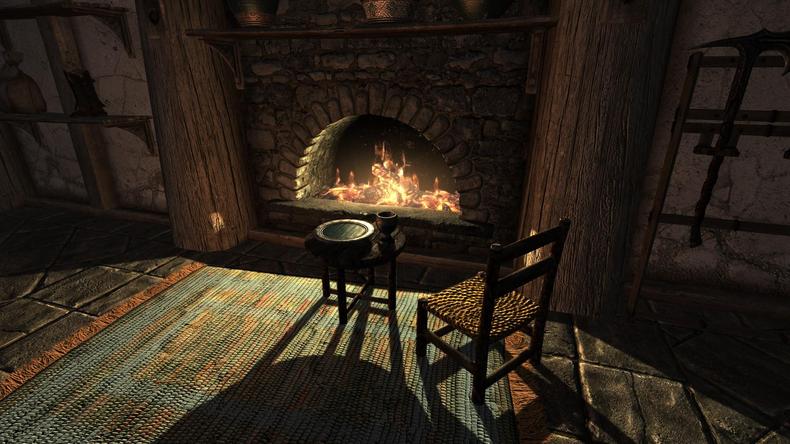on
One thousand and one mods in Skyrim
If you are too greedy with mods in Skyrim, it will probably kill the game and leave you frustrated. What’s left are CTDs. Here is how to avoid this and enjoy a fully modded Skyrim.

At the time of writing this I have Skyrim installed along with exact 281 mods up and running. I’m not introducing you the principles of modding Skyrim or how to do it right. There are several communities and pages that do this job quite well.
If you want tutorials like this you should take a look at these:
- The Skyrim S.T.E.P. Project
- The Skyrim GEMS mod list
- The NVIDIA INI-Tweak-Guide
- The RCRN-Wiki
- The Skyrim beautification Project
What I want to tell you in this article is how to avoid that Skyrim bothers you with crashes only because you have more mods installed than the game can handle by itself.
Why is Skyrim crashing?
I have installed all mods and looked after conflicts but it still crashes after some minutes of playing. Why?
This might be your intention that brought you here. I experienced it myself after hours of modding, reading all the READMEs and determining conflicts between the mods. Finally I discovered the true evil and I’m gonna describe it here, so you can do it better right from the start.
System limitations
At first I should mention that I’m using Windows 8.1 x64 with a graphics card handling 2GB of VRAM, 8GB of system RAM and an I5 with 3,4 GHz.
You should consider that every trick or tweak is meaningless if your system physically can’t handle it. So make sure your system is prepared for this game with hundreds of mods installed. Then the following information could be useful to you.
The reason
Skyrim is a x86 game and therefore technically only able to handle about 4GB of System RAM. If you use a lot of mods, maybe about 200, there is a huge amount of additional content for the game to handle. Much more than it is design for.
When Skyrim has to handle more than these 4GB it crashes to desktop or stops to work while loading new content. There are cases where this happens even by 2.1 GB or 3.1 GB. It depends on how the game is configured and which operating system it is executed on.
On x86 machines it can only handle up to 2.1 GB. On x64 systems theoretically 4GB are possible. I experienced that it can only handle 3.1 GB before it crashes to desktop.
So what to do about it?
I did not wanted to remove any of the mods because on the one hand all of them are pretty awesome and on the other it was a terrible amount of work to get them working.
I started to research a way to avoid this problem.
One part of the solution was the ENBoost. This application can take some of the additional content and handle it as a kind of service for Skyrim. Skyrim now has fewer content to handle and won’t crash any more.
The second part is the Skyrim Memory Patch by Sheson. This little “plugin” for SKSE is a little work of magic that ensures right and enough memory allocation. It’s not a plugin at all. I should rather call it a small hack, because it modifies the SKSE DLL and is not supported by SKSE.
For more Information read this nice post on the nexus Forum by Aminados. There is also a link to the Phinix Natural ENB where you can download a already patched DLL in the optional section.
Since this little Hack is not supported by the SKSE-Team the download of the patched DLL is no longer maintained. An alternative is to use the Alpha-Version of SKSE, which should also do the trick (not tested) or to use SSME which is the quite same thing as the patched SKSE DLL, but packed in an external DLL with separate .ini file.
By now the combination of ENBoost and Memory Patch is pretty satisfying and I can only encourage you to try it out before removing your beloved mods.
If you want to use RCRN which comes with it’s own library and technology you have to do some additional steps mentioned in the RCRN Forums.
Happy playing the game
Maybe you have some additional knowledge you would like to share?
I hope I could help with my knowledge. Anyway I hope you’ll post a comment and let me know what you think.
Any thoughts of your own?
Feel free to raise a discussion with me on Mastodon or drop me an email.